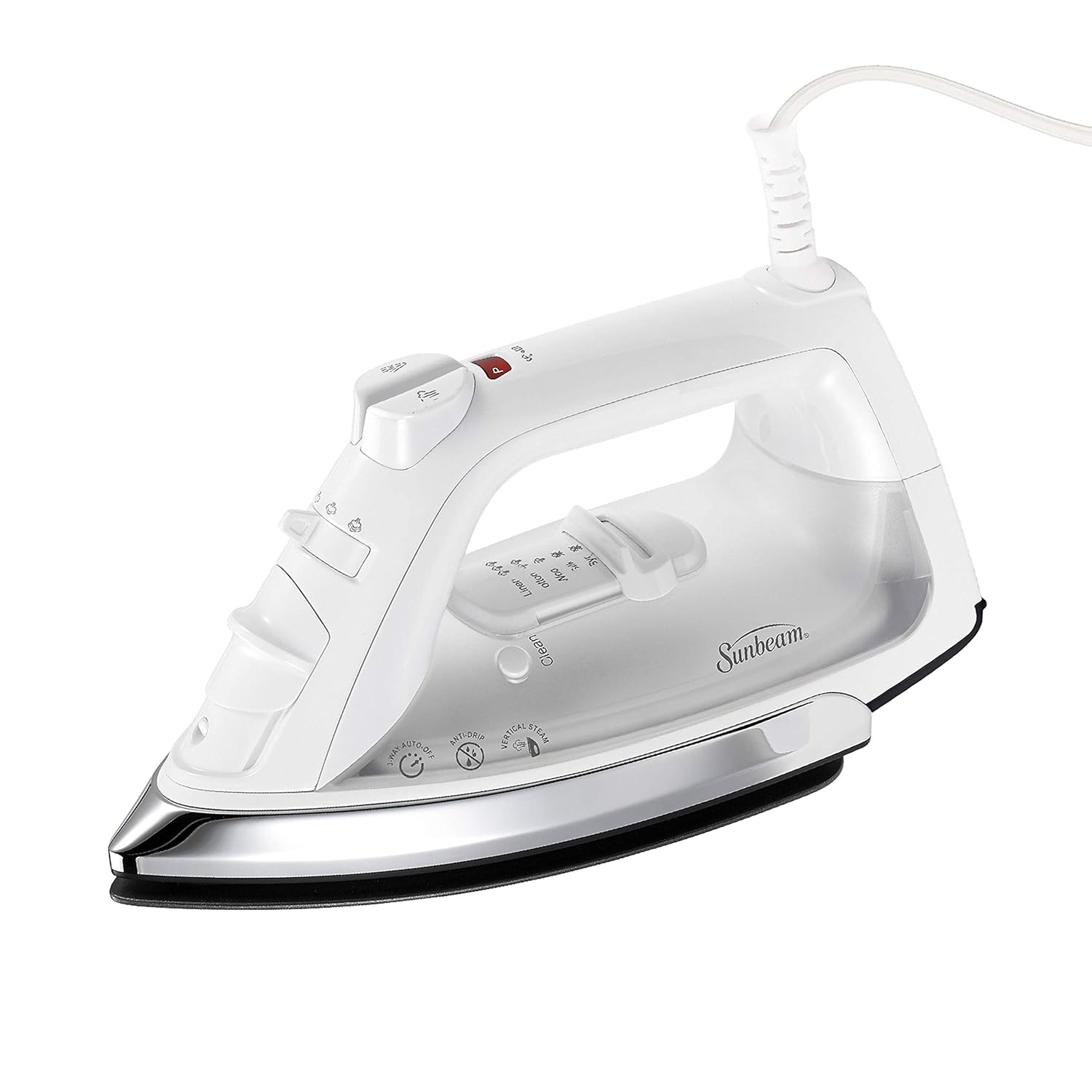The simplest anchors may help us keep track of who's who in dialogue that runs on for a page. An occasional He or She said will usually suffice. Or a gesture inserted between two quoted sentences can break the monotony.
'Do you really think so?" Jane stared into space. "I just can't see it that way."
Other anchors inform or remind us where the action's going down or how a room is arranged. How far apart are two seated characters if one of them's holding a gun? If we know that, we'll understand why B doesn't simply charge A. Or: if the narrative's divided between Seattle and San Francisco, perhaps the Seattle portions are told in the first person, the S.F. portions in the third. Or we may devise a subtler way than announcing the place with each change of locale.
The timeline should be carefully anchored as well. And this can be the devil's own business. Bold headers can give us the day or the hour at the start of each new part or chapter:
DAY ONE
or
12:00 A.M.
or
SUMMER
FALL
etc.
Or the timeline can be reinforced in a subtler way:
Two weeks after the death of Red Sands...
When details are entirely absent or are in far too short supply, we find ourselves adrift in an airy tale of faceless characters moving in and out of blurry rooms or homes, engaging in dialogue that comes from God knows which. Because of its blurred, dream-like nature, the prose can't help but fail to engage us. For all we know, the characters aren't even wearing clothes.
So then, the solution seems easy enough: when we write, it should always be 'Anchors away!'
Not so fast, though.
Too many or too heavy anchors can quickly sink your readers
Too heavy: the mannered, nonstop repetition of 'He said' or 'She said.' In its own way, this is as phony as the prideful replacement of each 'said' with a deep purple substitute: S/he articulated...S/he pronounced...S/he uttered...S/he speechified...Variety is wonderful--if it's organic and discrete.
Too many: The equally mannered, nonstop iteration of brands/colors/fabrics/costs of all clothing in alls scenes. The cost and provenance of furniture. Etc.
Let's drop anchor as needed by readers. And let's drop it unobtrusively, simply as we can.
The result will be:





.jpg)





















